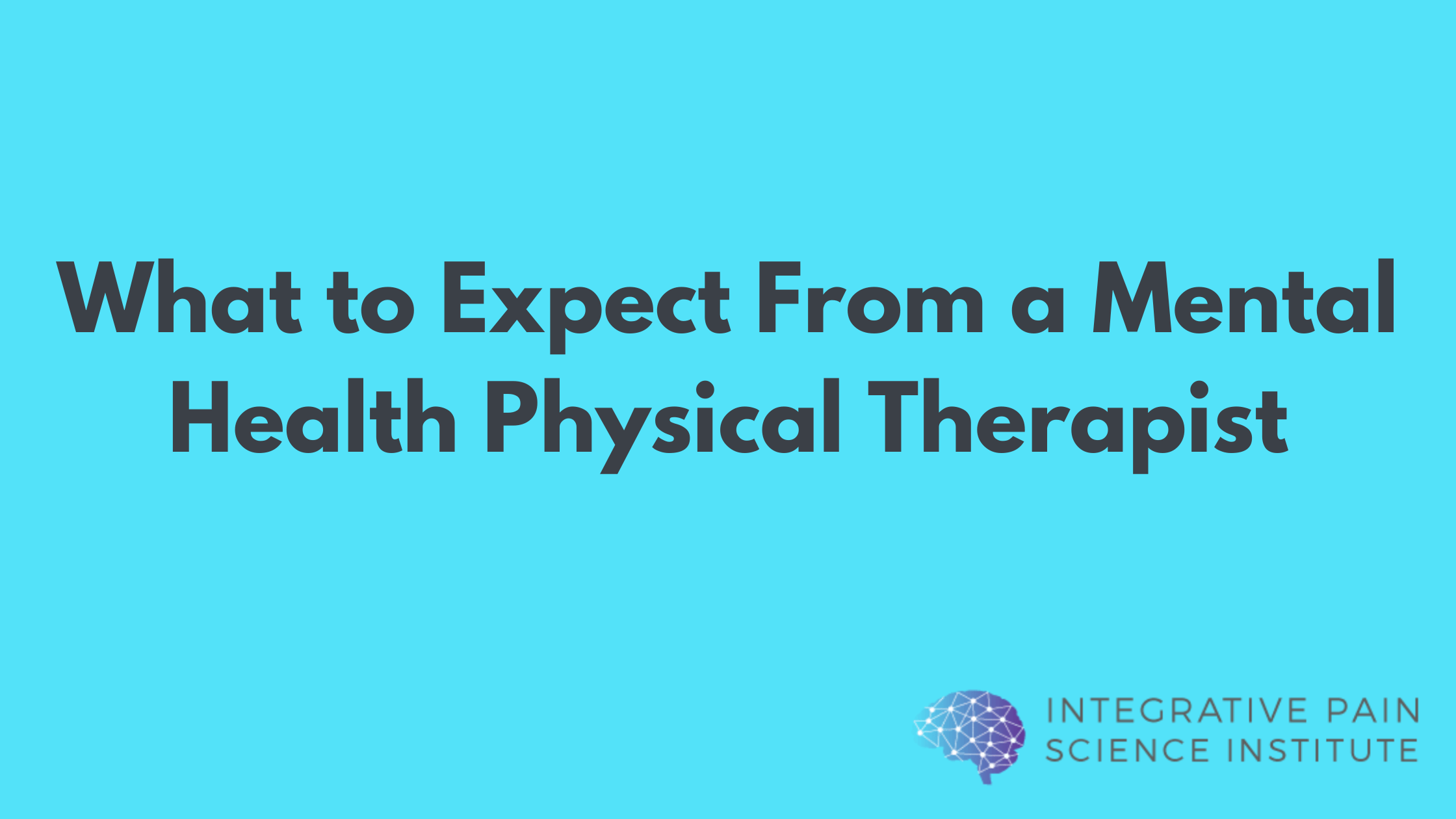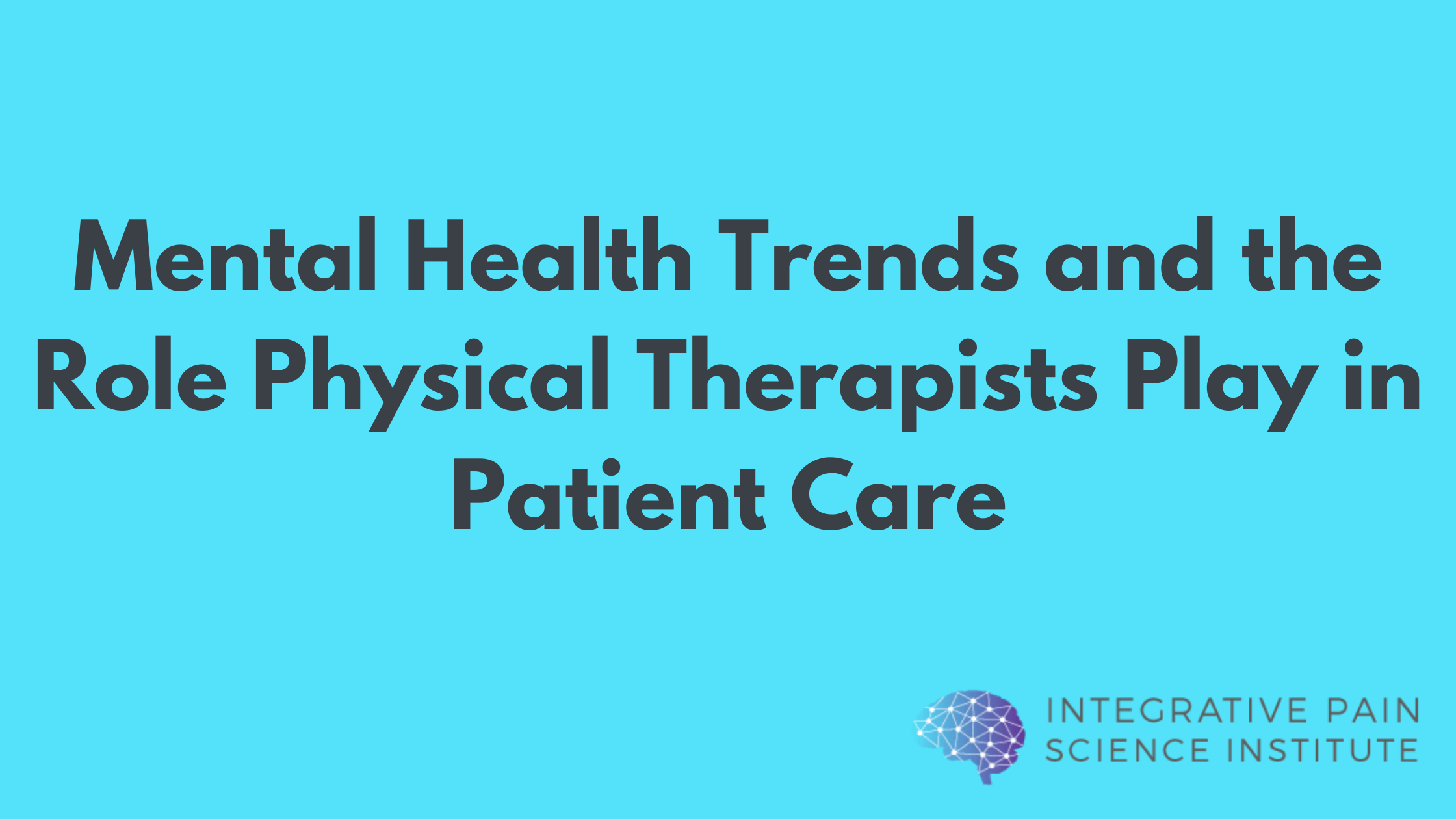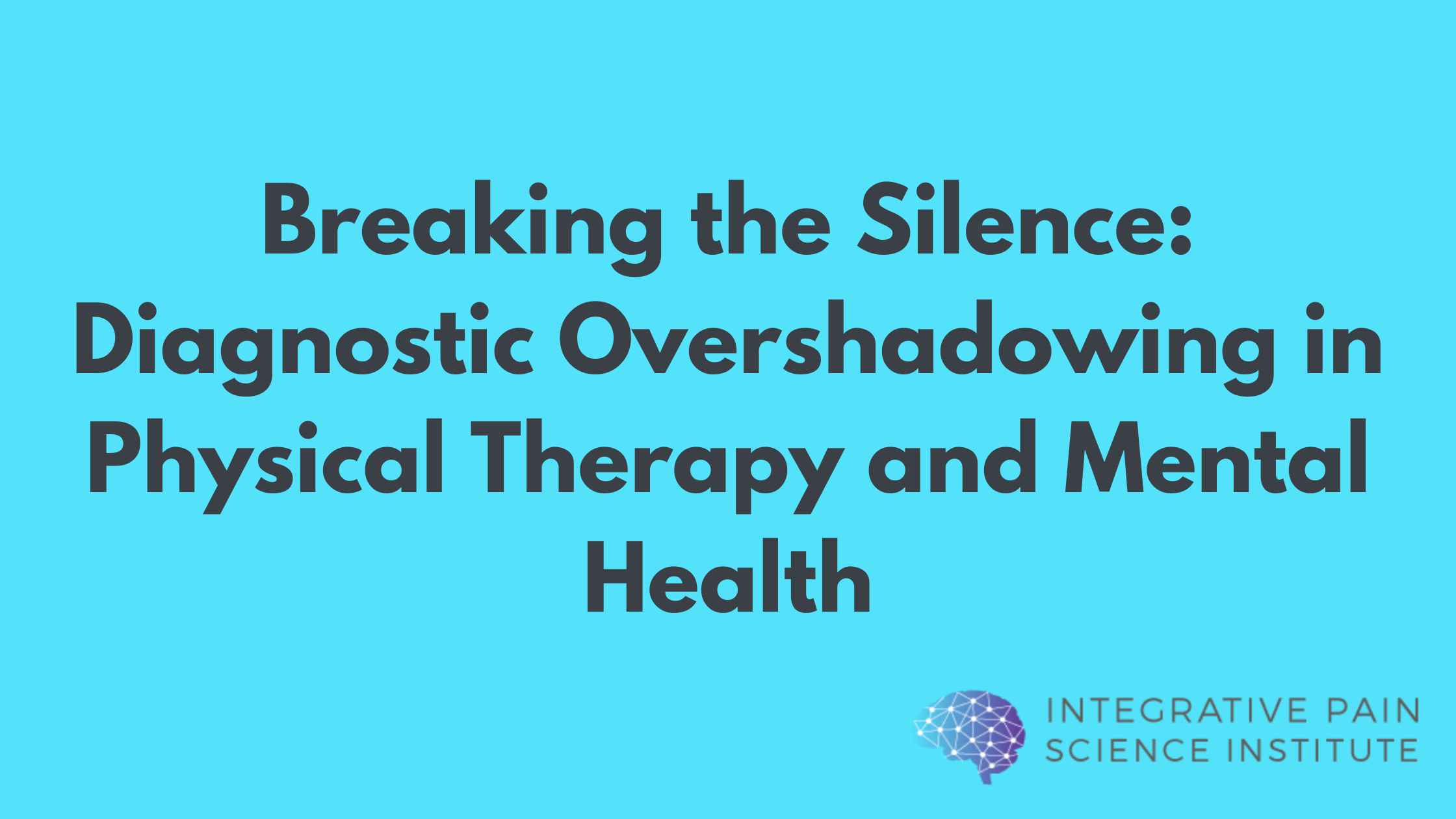(This post was updated on Friday, March 13th, 2020)
The globe is grappling with the spread of a novel coronavirus (COVID-19) and people are looking for information on how to avoid infection and stay healthy. According to the latest information from the Centers for Disease Control, most people infected by the virus around 80% show mild symptoms, much like having a common cold or flu, from which they will recover over the course of several weeks.
The remaining 20% of people are at risk of more severe symptoms and potential critical outcomes. This latter group includes older individuals, the very young, and immunocompromised patients. Keeping individuals with mild symptoms away from the most susceptible persons is paramount in reducing serious complications and even death. Certain populations of people living with chronic pain and chronic health conditions are at risk of contracting the coronavirus.
Who Has the Greatest Risk of Contracting COVID-19?
According to the Centers for Disease control, early information out of China where COVID-19 first started, shows that the people at higher risk include:
Older adults
People who have serious chronic medical conditions like:
Heart disease
Diabetes
- Type 1 diabetes
- Pre-diabetes
- Type 2 diabetes
Lung disease
- Asthma
- Bronchitis
- Cystic Fibrosis
- Emphysema
- Lung cancer
- Lung pneumonia
- Chronic obstructive pulmonary disease (COPD)
Anyone on an Immunosuppressive Drug Used to Treat
- Cancer
- HIV/AIDS
- Autoimmune conditions
If you have one of the above conditions consult with your health care provider about steps you may be able to take to protect yourself.
What About People Living with Chronic Pain?
Living with chronic pain is a major stressor on an individual physical and emotional reserve capacity. Chronic pain, similar to chronic stress, dysregulates the body’s immune system and essential mechanisms of defense and repair.
Many people with chronic pain also have comorbid health conditions such as obesity or diabetes. An inability to regulate blood sugar leads to higher levels of systemic inflammation. Individuals who have chronic pain may have more inflammation in their bodies than people who are not in pain.
Perhaps the greatest concern is for those with an autoimmune condition, especially if using immunosuppressive pharmaceuticals. There are many drugs and classes of drugs used to treat pain that negatively impacts immune function.
Pain Medications May Compromise the Immune System
People living with pain are often prescribed one or more medications. Unfortunately, many of these medications work by modifying the immune response critical for fighting acute infections and have an influence on the persistence of pain.
Some medications that treat pain, such as corticosteroids and disease-modifying drugs including biologics, suppress the immune system and make patients more prone to contracting infections and/or having a more severe infection.
While experts do not recommend stopping your medication or changing doses, it is important to realize this heightens the risk for infection, as well as developing longer and more severe symptoms from the infection. It is important to stay in contact with your physician’s office. Pain medications that may suppress the immune system include:
Disease-Modifying Anti-rheumatic Drugs
Biologic drugs are used for the treatment of numerous diseases and conditions. Some biologic drugs are used for the treatment of Crohn’s disease, ulcerative colitis, rheumatoid arthritis, and other autoimmune diseases. Disease-modifying drugs including biologics suppress the immune system and make patients more prone to contracting infections and/or having a more severe infection.
- ciclosporin
- cyclophosphamide
- hydroxychloroquine
- leflunomide
- methotrexate
- mycophenolate
- sulfasalazine
If you think you have symptoms of a respiratory infection like coronavirus, your doctor may recommend stopping or lowering medications that are immunosuppressive during an active infection and then resuming them once your infection has cleared. Never make any changes to your medication regimen without first discussing them with your doctor.
*Biologics can be paused in patients who have an active infection and restarted once they have recovered. Contact your physician about a personalized medication plan.
Corticosteroids
Glucocorticoids are part of the feedback mechanism in the immune system which reduces certain aspects of immune function, such as inflammation. They are used to treat diseases caused by an overactive immune system, such as allergies, asthma, and autoimmune diseases. Glucocorticoids have many diverse effects, including potentially harmful side effects.
Common names of corticosteroids include:
- ethamethasone, (Celestone)
- prednisone (Prednisone Intensol)
- prednisolone(Orapred, Prelone)
- triamcinolone(Aristospan Intra-Articular, Aristospan Intralesional, Kenalog)
- methylprednisolone(Medrol, Depo-Medrol, Solu-Medrol)
*Prednisone at higher doses [20 mg or more] can be severely immunosuppressive but they cannot be tapered off fast. Contact your physician about a personalized medication plan.
Morphine and Other Opioids
Morphine and other opioids suppress the immune system, the body’s innate defense against infections.Morphine specifically suppresses the activity of three different types of white blood cells: T lymphocytes, B lymphocytes, and natural killer (NK) cells.
Common names of opioids include:
- Codeine
- Demerol
- Hydrocodone
- Hydromorphone,
- Meperidine
- Morphine
- Oxycodone, often known by the trade name OxyContin
- Propoxyphene
*Opioids should not be stopped and cannot be tapered off rapidly. Contact your physician about a personalized medication plan.
Chronic Use of Non-steroidal Anti-inflammatory Drugs (NSAIDs)
NSAIDs are members of a drug class that reduces pain, decreases fever, prevents blood clots, and in higher doses, decreases inflammation. NSAIDs are commonly prescribed by medical practitioners in many clinical conditions for the symptomatic treatment of pain and are used chronically by many people. These drugs play a role in alleviating the symptoms associated with acute infections. Long-term use of NSAIDs may have a negative impact on overall health and a functioning immune system.
Common names of NSAIDs include:
- Aspirin
- Celecoxib(Celebrex)
- Ibuprofen (Motrin, Advil)
- Naproxen (Aleve)
*NSAIDs can be paused in patients who have an active infection and restarted once they have recovered. Contact your physician about a personalized medication plan.
How To Prevent Infection and Stop the Spread of the Coronavirus
The best way to prevent illness is to avoid being exposed to the virus. There is currently no vaccine to prevent coronavirus disease (COVID-19). The virus is thought to spread mainly from person-to-person.
#1: Wash Your Hands Often
Wash your hands often with soap and water for at least 20 seconds especially after you have been in a public place, or after blowing your nose, coughing, or sneezing. Handwashing with soap and water is more effective than hand sanitizers. You can learn more about proper handwashing technique here.
#2:Avoid Close Contact
Avoid close contact and maintain social distancing. Social distancing refers to actions taken to stop or slow down the spread of a contagious disease. For an individual, it refers to maintaining enough distance between yourself and another person to reduce the risk of breathing in droplets that are produced when an infected person coughs or sneezes. In a community, social distancing measures may include limiting or canceling large gatherings of people. Keep a distance of about 6 feet. Put distance between yourself and other people if COVID-19 is spreading in your community. This is especially important for people who are at higher risk of getting very sick. The virus may also land on surfaces and infect one or many people.
#3 Clean and Disinfect Surfaces and Personal Items
The most common household disinfectants that contain bleach will work. Clean and disinfect frequently touched surfaces daily. This includes tables, doorknobs, light switches, countertops, handles, desks, phones, keyboards, toilets, faucets, and sinks. Coronavirus strains can thrive on surfaces for hours. Whether this is the case for the COVID-19 specifically is unclear at this time, but evidence suggests it may survive on some surfaces for as many as 3 days. The evidence also suggests the virus can be transmitted from frequently-touched, hard surfaces, like doorknobs or an elevator button, according to Harvard Health.
Things You Can Control and How to Boot Your Immune System
Now is a great time to be your healthiest self.
Luckily, the lifestyle habits that help your immune system modulate and alleviate pain are important for fending off the coronavirus, too. Lifestyle interventions include the use of a whole food, plant-predominant dietary lifestyle, regular physical activity, restorative sleep, stress management, avoidance of risky substances and positive social connection as a primary therapeutic modality for treatment and reversal of chronic disease.
Eating healthy
Cut way down on processed foods, sugar, alcohol and maintain an anti-inflammatory diet. The hallmark of an anti-inflammatory diet is 10 servings of fresh fruits and vegetables and staying well hydrated.
Exercise
Continue with your normal exercise program as exercise and physical activity boosts the immune system. If you attend a gym or yoga studio take care of the precautions listed above. Wash your hands immediately after exercising, wipe down equipment and mats with a disinfectant and maintain social distancing.
Employ pain coping skills
Chronic pain is physically and emotionally stressful. The added stress of fear, worry and anxiety over a global pandemic can add to one stress level. Many common coping skills used to help people live better with pain should be continued or potentially increased during times of high stress. These include:
Stress buffering and stress reduction techniques
Learning how to deal with stress in healthy ways can position you to cope more effectively during a time of crisis. Eating well, getting plenty of sleep and engaging in approved physical activity are all positive ways for you to handle stress. Mindfulness, mindfulness-based stress reduction techniques and sleep are effective means as well.
Distraction and information overload
People with pain are aware of how information and thoughts (your own or others) have an impact on pain and stress. There is a temptation to be glued to the TV or social media during a crisis. While it is important to say informed a constant 24/7 approach is an additional stress factor. Set limitations for both you and our family on screen time. This includes news and social media found on your TV, computer, tablet, and cell phone. An hour in the morning and 30-minutes in the evening to catch up on the news and social media may be sufficient. Distracting yourself by engaging in activities you enjoy will help you highlight the positive aspects of your life. Even during times of crisis, there are pleasant and meaningful activities to engage with and provide a much-needed relief from the doom and gloom of major media.
What Should I Do If I Think I Have Been Infected by COVID-19?
First, call your physician for advice.
If you do not have a doctor and you are concerned that you or your child may have COVID-19, contact your local board of health. They can direct you to the best place for evaluation and treatment in your area.
It’s best to not seek medical care in an emergency department unless you have symptoms of severe illness. Severe symptoms include high or very low body temperature, shortness of breath, confusion, or feeling you might pass out. Call the emergency department ahead of time to let the staff know that you are coming, so they can be prepared for your arrival.



